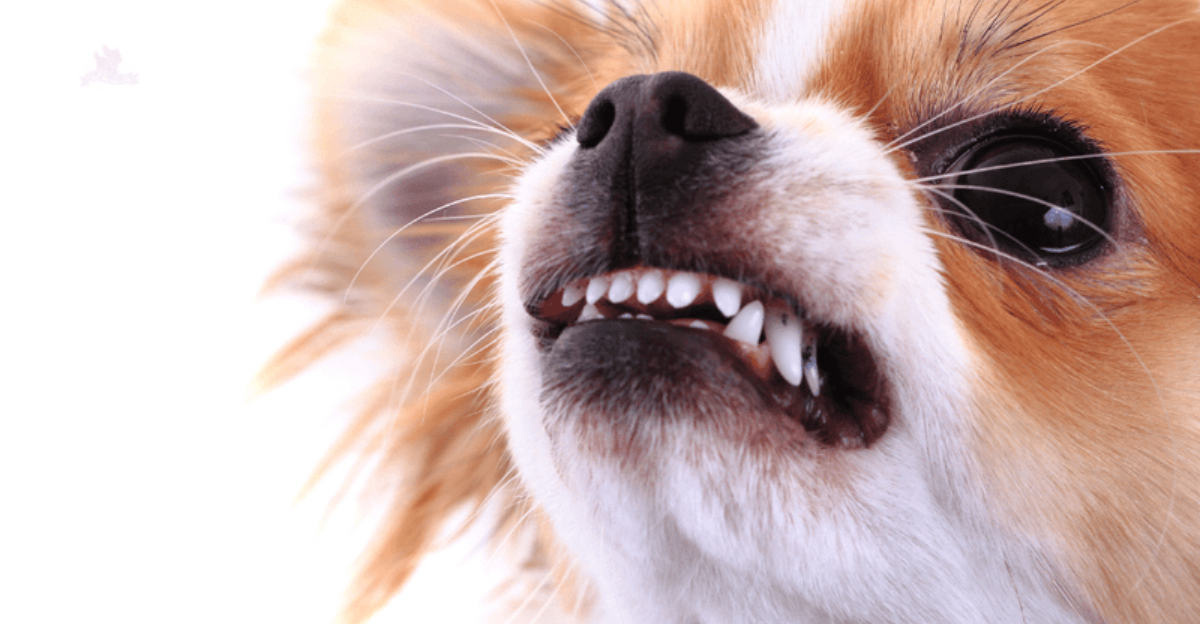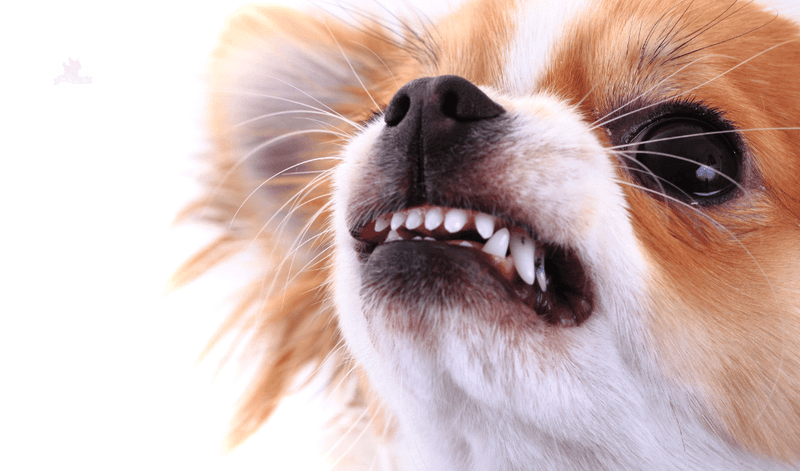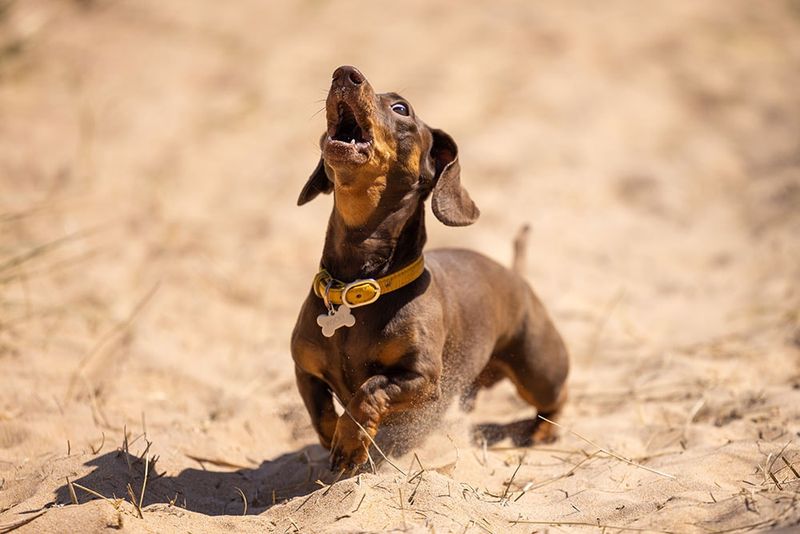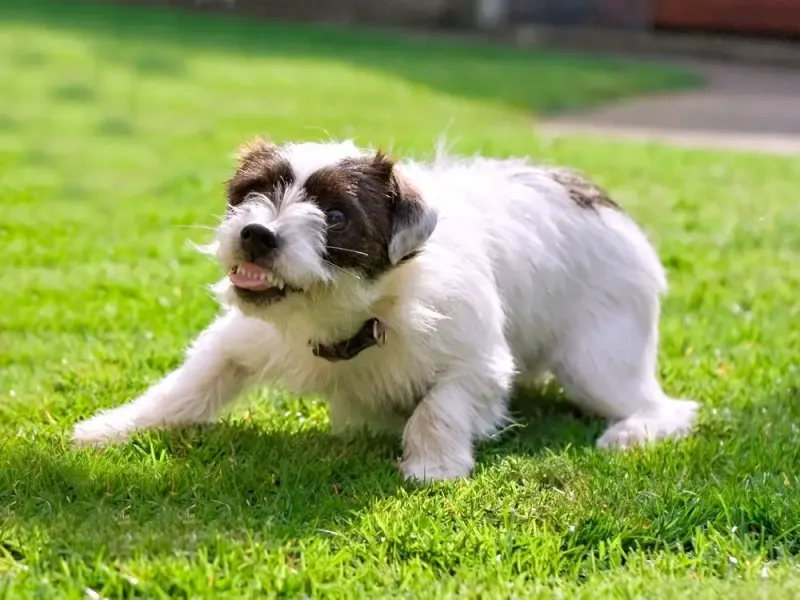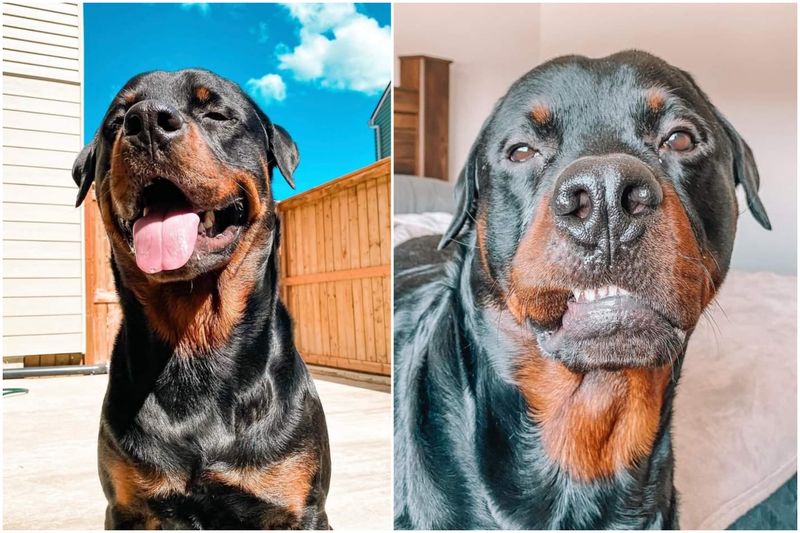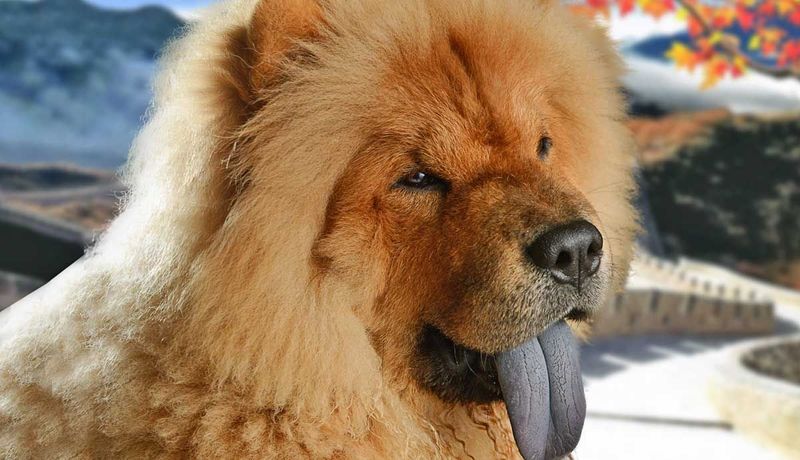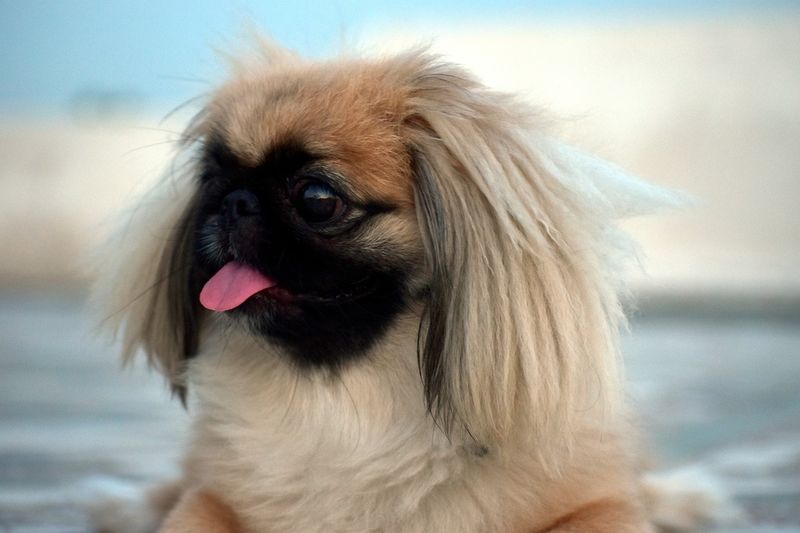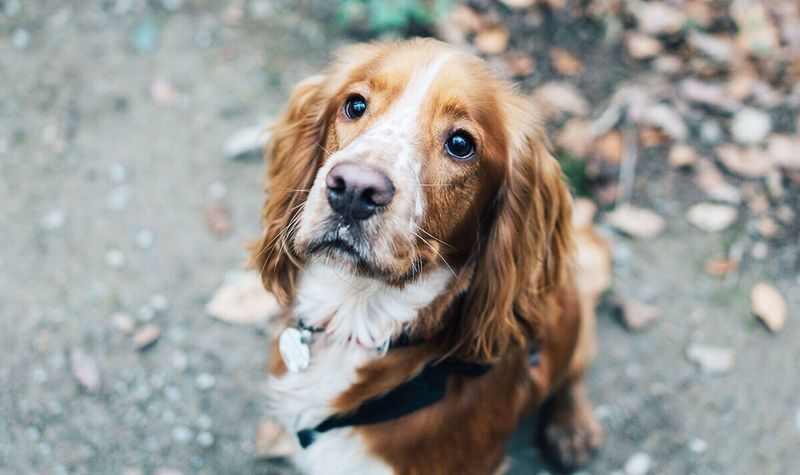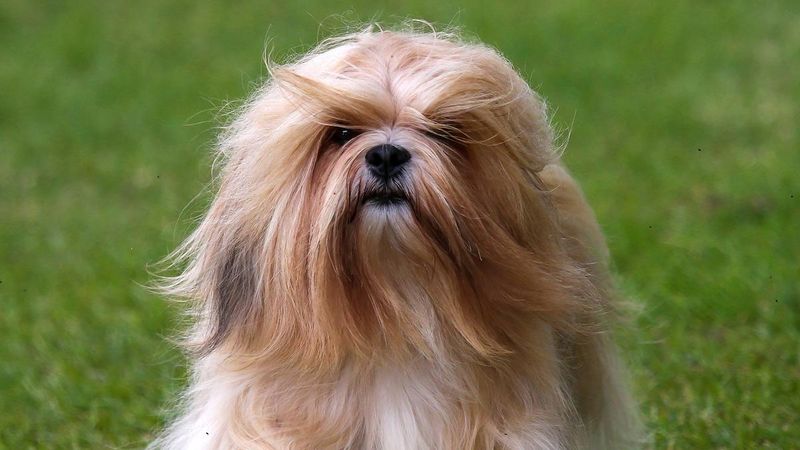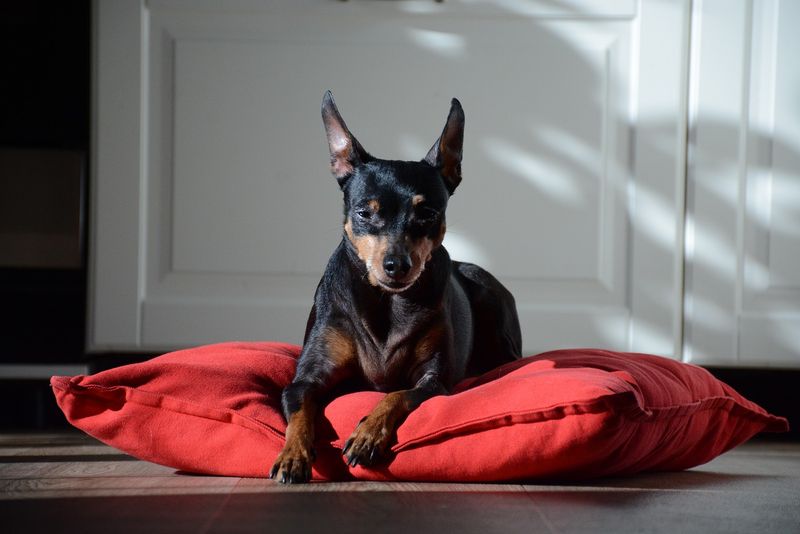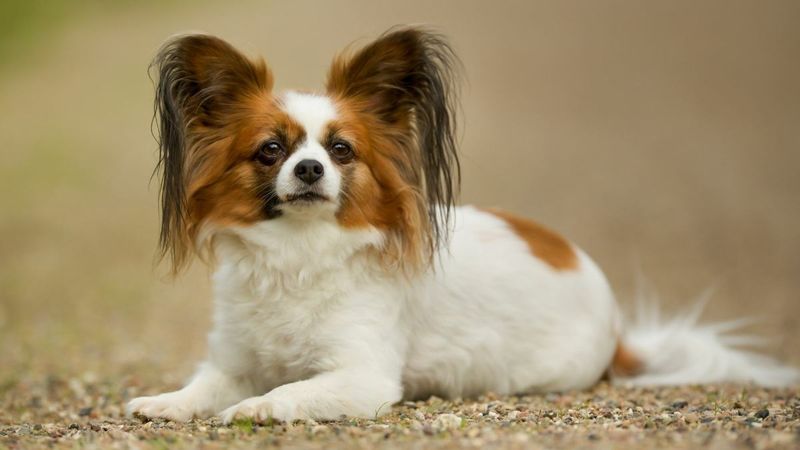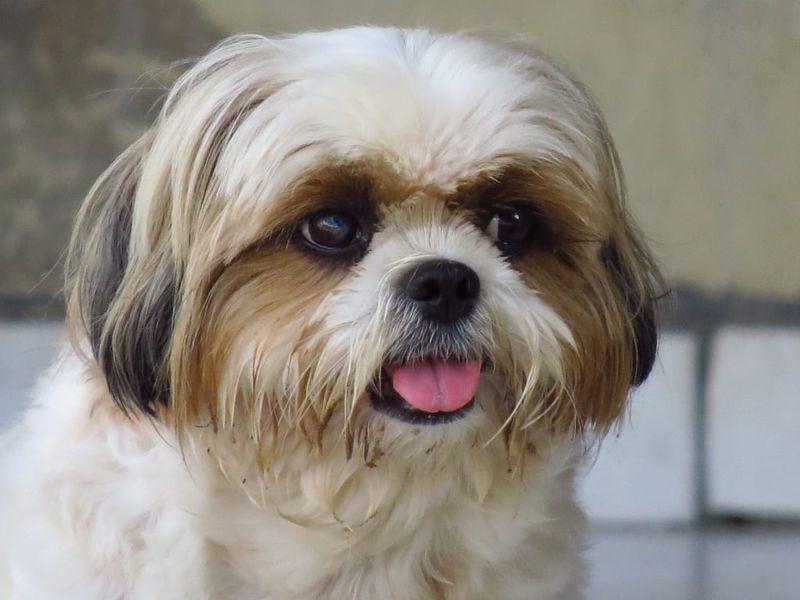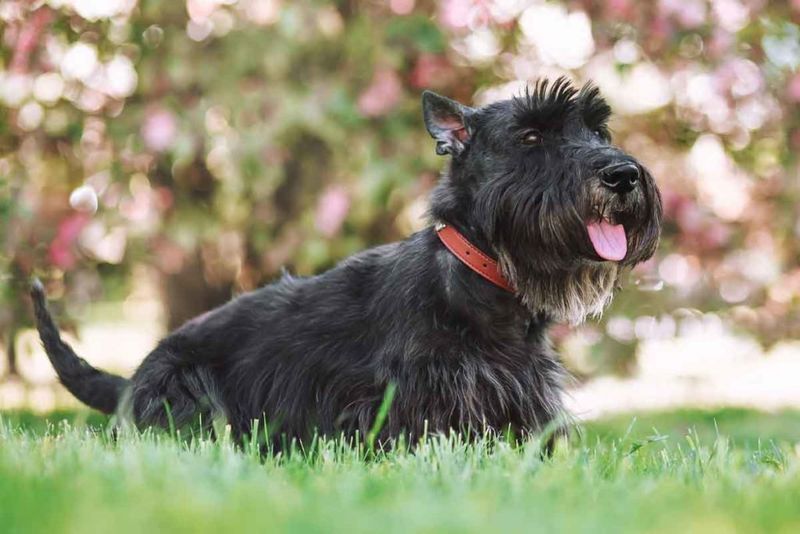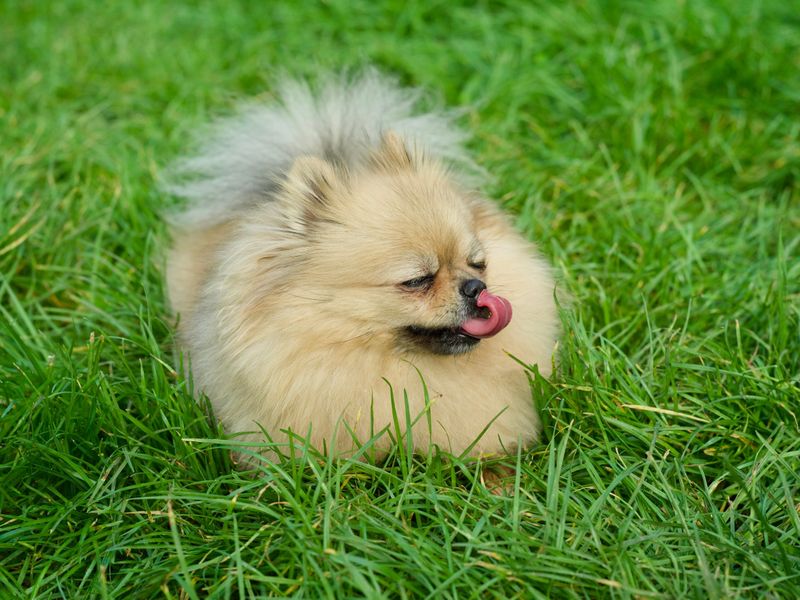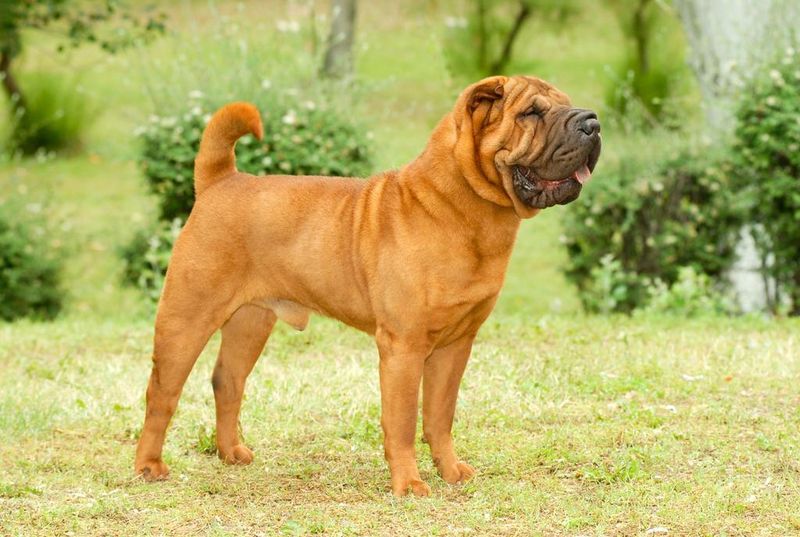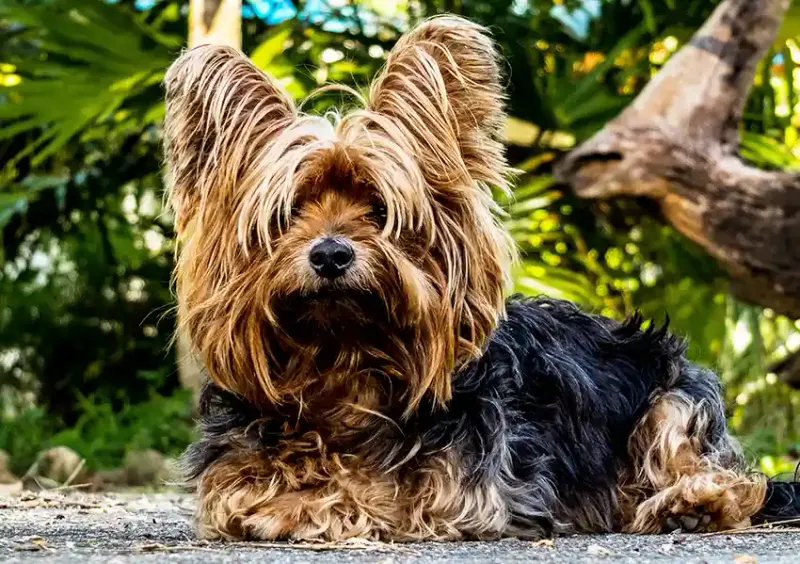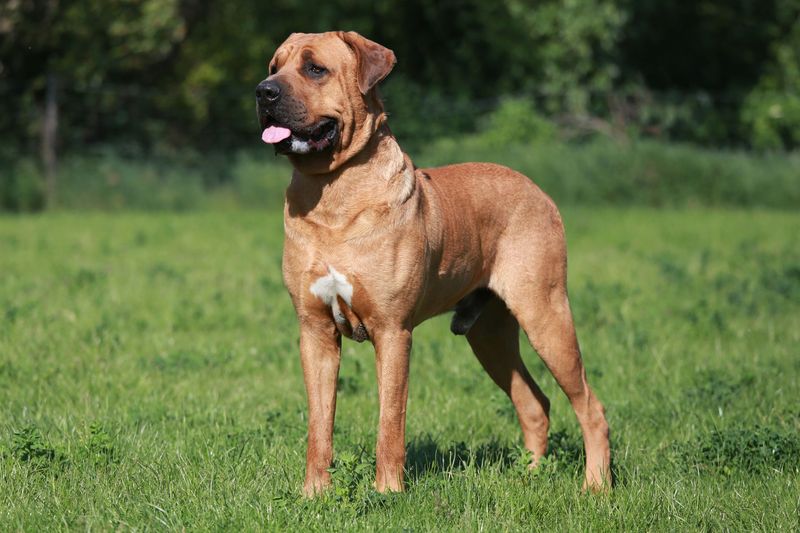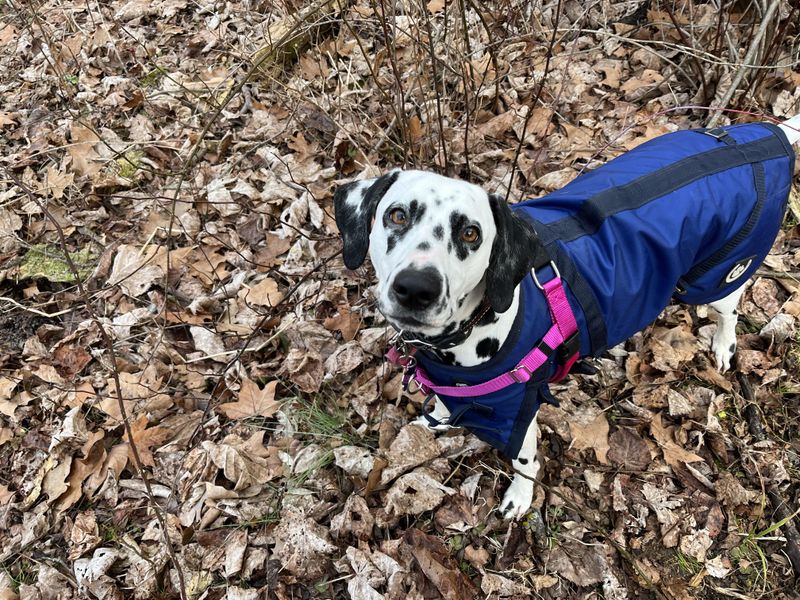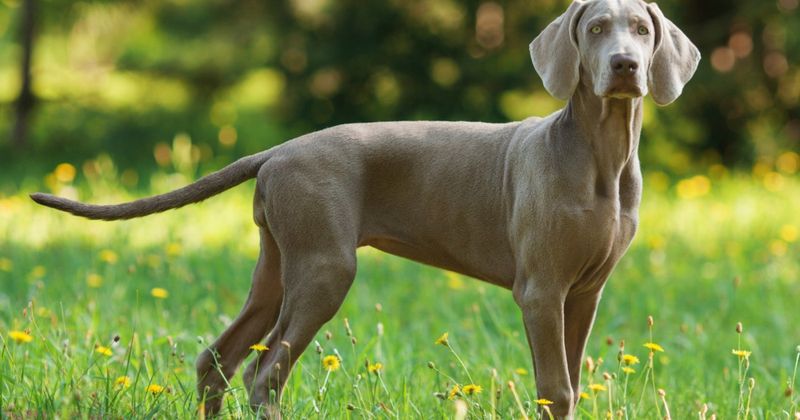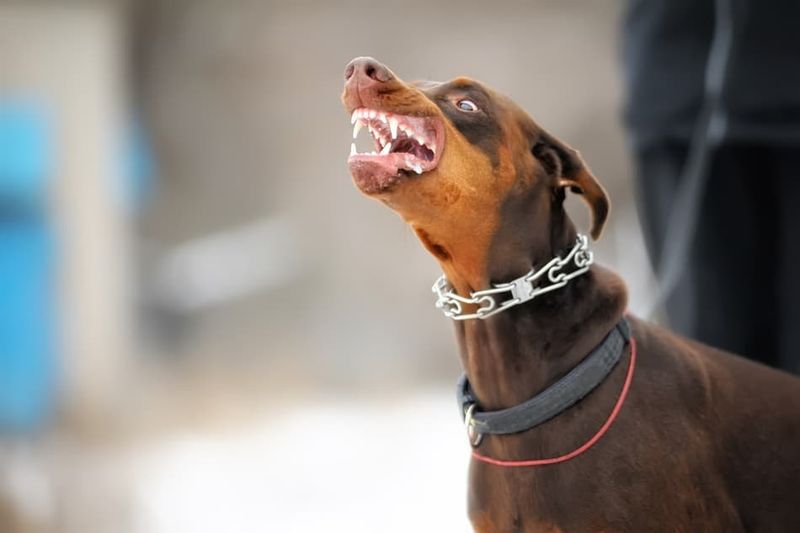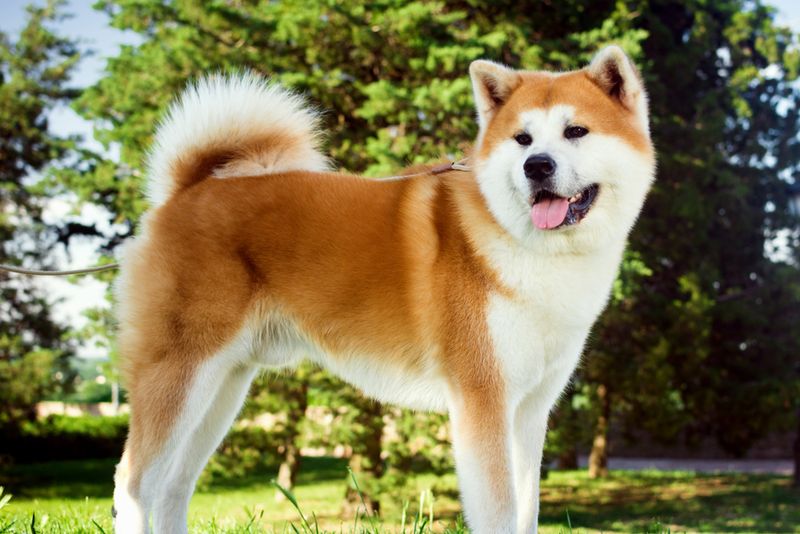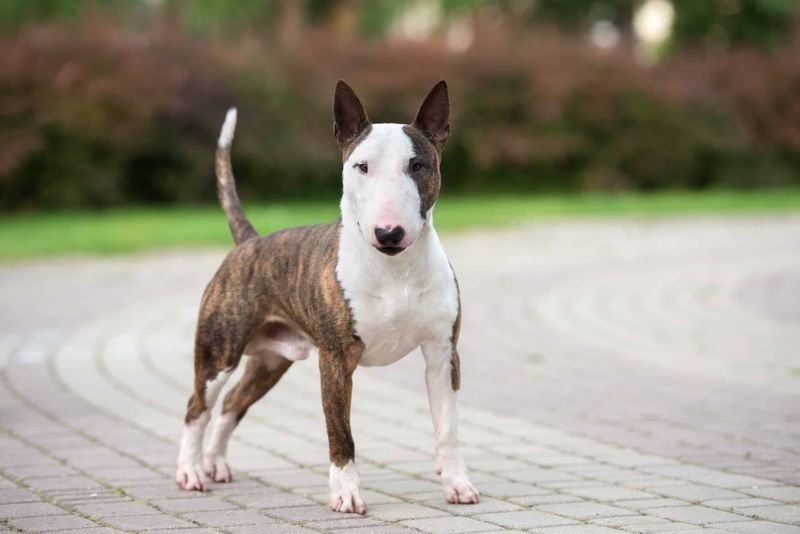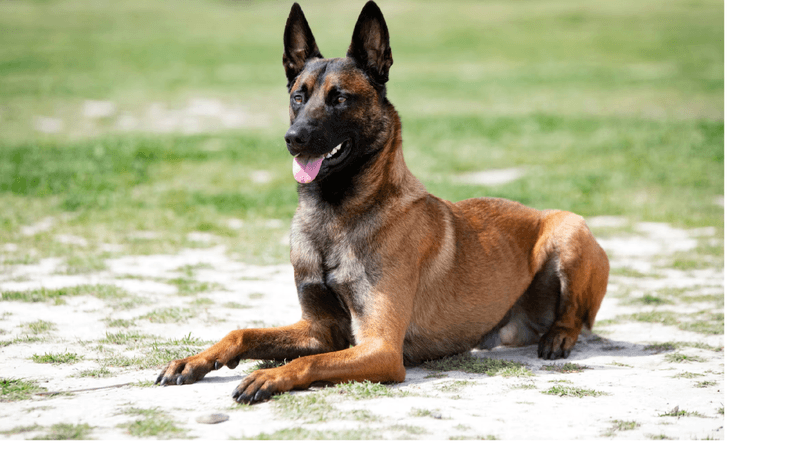In the diverse world of dogs, some breeds are statistically more prone to showing aggression towards their owners. This doesn’t mean these breeds aren’t lovable or trainable; rather, they may require more experienced handling and socialization. Understanding their unique traits can help mitigate unwanted behaviors and create a harmonious relationship between pet and owner.
Chihuahua
Tiny but mighty, the Chihuahua is often underestimated due to its small stature. Despite its size, this breed can display a surprising amount of aggression, driven by its intense loyalty to its owner.
Known for their big personalities, Chihuahuas can be fiercely protective, sometimes mistaking it for aggressiveness. Proper socialization from a young age can help curtail this trait.
Fun fact: Chihuahuas were once considered sacred by the ancient Toltecs. Their spirited nature is part of what makes them endearing to many pet enthusiasts.
Dachshund
The Dachshund, with its elongated body and lively spirit, is known for its bold demeanor. While they are endearing and spirited, they sometimes display aggression, particularly when they feel threatened or territorial.
Dachshunds can be wary of strangers and might react with barking or defensive behavior. Early social training is key to managing these tendencies.
Did you know? Dachshunds were bred to hunt badgers, which required a fearless attitude, contributing to their occasionally assertive nature.
Jack Russell Terrier
Bursting with energy and intelligence, Jack Russell Terriers are adventurous companions. Their assertive nature can sometimes lead to aggressive outbursts if not properly channeled.
These terriers are known for their tenacity and might become possessive of their toys or food. Positive reinforcement and consistent training can help manage their spirited behavior.
Quirky fact: These dogs were originally bred for fox hunting, which explains their fearless and sometimes stubborn disposition.
Rottweiler
Rottweilers are confident and powerful, often associated with guarding duties. While they can be gentle giants, their protective instincts can sometimes manifest as aggression.
Socialization is crucial for Rottweilers to learn appropriate behavior around strangers and other animals. With the right guidance, they can become loyal family protectors.
Origin fact: Rottweilers were used in ancient Rome as cattle herders, a role that required both strength and vigilance.
Chow Chow
With its lion-like mane, the Chow Chow is both impressive and independent. This breed can exhibit aggression, often stemming from its strong-willed personality.
Chow Chows may be aloof with strangers and require a firm yet gentle hand in training. Early socialization helps in mitigating territorial behaviors.
Historical tidbit: Once a palace guard dog in ancient China, the Chow Chow’s regal demeanor is matched by its protective instincts.
Pekingese
The Pekingese is a small breed with a royal heritage and a distinct personality. Despite their adorable appearance, they can be quite assertive and show aggression if not properly socialized.
These dogs are known for their loyalty and can become possessive of their owners. Patience and consistent training help in channeling their strong-willed nature.
Trivia: Pekingese were once companions to Chinese royalty, reflecting their dignified and somewhat aloof nature.
Cocker Spaniel
Cocker Spaniels are beloved for their friendly disposition, yet some may show aggression due to past breeding practices.
Known for their intelligence and eagerness to please, they can sometimes become overly protective, especially if they feel threatened. Regular socialization and training help curb these instincts.
Did you know? The Cocker Spaniel was highly popular in the 1950s, partly due to their starring role in the movie “Lady and the Tramp.”
Lhasa Apso
The Lhasa Apso, with its luxurious coat, is a breed steeped in history. Known for its strong will, this breed can show aggression if not well managed.
These dogs were originally bred as indoor sentinels, leading to their alert and sometimes defensive nature. Consistent training from a young age is essential.
Historical note: Lhasa Apsos were considered sacred in Tibet and were often given as gifts to esteemed guests, highlighting their esteemed status.
Miniature Pinscher
Often mistaken for a small Doberman, the Miniature Pinscher is a lively and spirited breed. Their bold personality can sometimes lead to aggressive tendencies.
Miniature Pinschers are known for their fearless demeanor and might react defensively if they feel threatened. Early training and socialization can help tame their assertiveness.
Fun fact: Despite their resemblance to Dobermans, Miniature Pinschers were actually bred in Germany to hunt vermin, adding to their tenacious spirit.
Papillon
The Papillon is a small dog with large, expressive ears that resemble butterfly wings. Known for its intelligence and agility, this breed can sometimes show aggression, particularly if not socialized early.
They are highly trainable but require consistent guidance to manage occasional possessiveness. Engaging in activities that stimulate their minds can help channel their energy positively.
Did you know? Papillons were favorites among European royalty, admired for their elegance and spirited nature.
Shih Tzu
The Shih Tzu is a beloved companion dog with a long history of royal association. While generally affectionate, they can exhibit aggression if not properly trained.
Their independent nature sometimes leads to possessiveness, especially with toys or food. Early socialization and positive reinforcement training are key to a well-rounded Shih Tzu.
Trivia: Shih Tzus were bred in China to resemble lions, which were symbolic of strength and power in Chinese culture.
Scottish Terrier
The Scottish Terrier, with its distinguished appearance, is both independent and spirited. This breed may demonstrate aggression, often due to its strong territorial instincts.
Scottish Terriers are known for their loyalty and may react defensively to perceived threats. Consistent and patient training helps manage their assertive tendencies.
Fun fact: The Scottish Terrier was a favorite of President Franklin D. Roosevelt, who owned a Scottish Terrier named Fala.
Pomeranian
Pomeranians are small dogs with big personalities. Their lively spirit can sometimes translate into aggression, especially if they feel challenged.
These dogs are fiercely loyal and may become possessive of their owners. Socialization from a young age helps in mitigating unwanted behaviors.
Quirky fact: Pomeranians were once much larger sled-pulling dogs from the Arctic, and their downsized version retains that robust spirit.
Shar Pei
The Shar Pei is instantly recognizable with its distinctive wrinkled appearance. Known for their aloof and independent nature, they might show aggression if they feel threatened.
Shar Peis require firm yet gentle training to ensure they don’t become overly protective. Early socialization is crucial for this breed.
Historical tidbit: Shar Peis were bred in China for guarding and hunting, contributing to their strong protective instincts.
Yorkshire Terrier
Yorkshire Terriers, often referred to as “Yorkies,” are known for their vibrant personalities. Despite their small size, they can show aggression, particularly towards perceived threats.
These terriers are highly energetic and require proper training to manage their spirited behavior. Consistent and positive reinforcement is crucial.
Did you know? Yorkies were originally bred to catch rats in clothing mills, showcasing their tenacious and alert nature.
Tosa Inu
The Tosa Inu is a giant breed with a calm yet vigilant presence. While generally composed, Tosas can exhibit aggression if not properly socialized.
These dogs are known for their loyalty and protective instincts, which require careful management through training. Socialization is key to a balanced temperament.
Origin fact: Originally bred in Japan for dog fighting, Tosas are known for their strength and determination.
Dalmatian
Dalmatians are famous for their unique spotted coats and strong athletic build. While they are often energetic and friendly, they can show aggression if not well-trained.
They thrive on activity and require mental stimulation to prevent undesirable behaviors. Early socialization and obedience training are essential.
Fun fact: Dalmatians were historically used as carriage dogs, running alongside horse-drawn carriages, a testament to their endurance and protective nature.
Weimaraner
The Weimaraner is a striking breed known for its sleek silver coat and boundless energy. They can exhibit aggression if their high energy isn’t properly channeled.
These dogs are intelligent and require consistent training to manage their strong prey drive. Proper socialization helps in nurturing a well-behaved companion.
Did you know? Weimaraners are sometimes referred to as “Grey Ghosts” due to their distinctive color and stealthy hunting abilities.
Doberman Pinscher
Doberman Pinschers are renowned for their intelligence and loyalty, often serving as guard dogs. While protective, they can exhibit aggression if not properly trained.
These dogs thrive on structure and require consistent socialization to manage their protective instincts. With the right approach, they can be loving family members.
Historical tidbit: The Doberman was developed in Germany in the late 19th century by Karl Friedrich Louis Dobermann, who needed a loyal and protective dog for his work as a tax collector.
Akita
The Akita, with its dignified demeanor, is a breed known for loyalty and courage. This breed can show aggression if not properly socialized and trained.
Akitas are naturally protective and may become territorial without guidance. Early and consistent training is necessary to ensure a balanced temperament.
Origin fact: Akitas hail from the mountainous regions of Japan, where they were originally used for hunting large game, contributing to their strong and independent character.
Bull Terrier
Bull Terriers are distinctive with their egg-shaped heads and muscular build. While generally playful, they might show aggression if not properly managed.
These dogs are energetic and thrive on mental and physical stimulation. Consistent training from an early age is key to nurturing a gentle companion.
Fun fact: Bull Terriers were originally bred in the 19th century for bull-baiting, a practice that shaped their bold and spirited nature.
Belgian Malinois
Belgian Malinois are celebrated for their intelligence and agility, often employed in police and military roles. However, their high energy and strong work drive can result in aggression if not properly channeled.
These dogs require rigorous training and mental stimulation to keep their instincts in check. Socialization ensures they develop into well-rounded companions.
Did you know? The Belgian Malinois played a crucial role in the mission that led to the capture of Osama bin Laden, showcasing their exceptional skills and loyalty.
